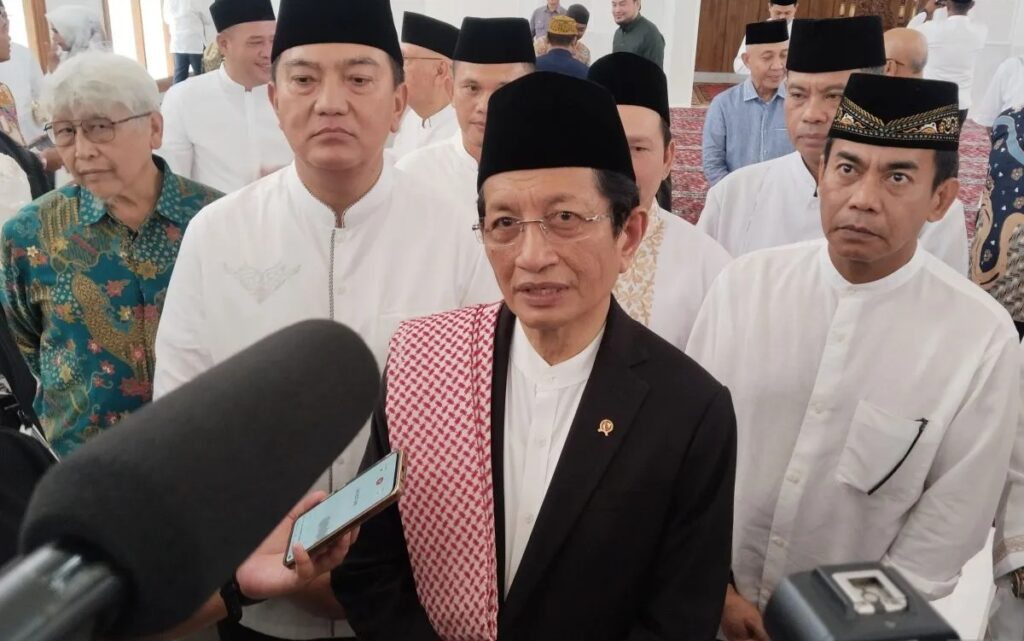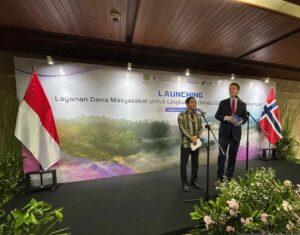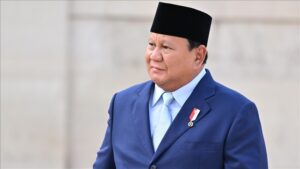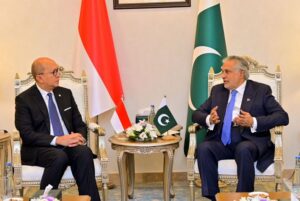Indonesian Minister Urges Broadening Mosques’ Role Beyond Worship

Palembang, The Gulf Observer: Indonesian Minister of Religious Affairs, Nasaruddin Umar, has called on citizens to maximize the potential of mosques by broadening their functions beyond religious purposes. Speaking at the inauguration of a mosque in Palembang, South Sumatra, on Saturday, Umar urged Muslims to emulate the comprehensive use of mosques during the era of Prophet Muhammad.
“In the time of the Prophet, mosques were not merely houses of worship. Back then, only 10 percent of the mosque’s function was dedicated to prayer, while the rest served social and community purposes,” Umar explained.
He encouraged Indonesian Muslims to utilize mosques for a variety of community-oriented activities, including education, health services, interfaith dialogues, wedding celebrations, circumcisions, and the management of Islamic philanthropic funds. “Let us use mosques in a proportionate manner. Let us preach in a way that embraces people. The essence of preaching is to draw people into mosques, not push them away,” he remarked.
Umar, who also serves as the grand imam of Southeast Asia’s largest mosque, Istiqlal, reiterated these sentiments in a statement on December 11, 2024. He stressed the importance of transforming mosques into inclusive, one-stop centers for Muslims of all ages, including children.
“A mosque is like a place where the religiosity of children can be nurtured and strengthened. We should not scare children away or ban their presence in mosques,” he said. He further urged mosque administrators to foster a friendlier environment, adding, “We should not be afraid of children making a mosque dirty. A mosque will remain clean if it is properly managed.”
As of October 2024, Indonesia is home to 682,000 mosques and prayer halls, according to the Ministry of Religious Affairs. The country boasts Istiqlal Mosque in Jakarta, capable of accommodating approximately 200,000 worshippers. With a Muslim population of 245.97 million as of mid-2024—87.08% of the total population—Indonesia remains the world’s largest Muslim-majority nation, though Pakistan briefly surpassed it earlier this year.


